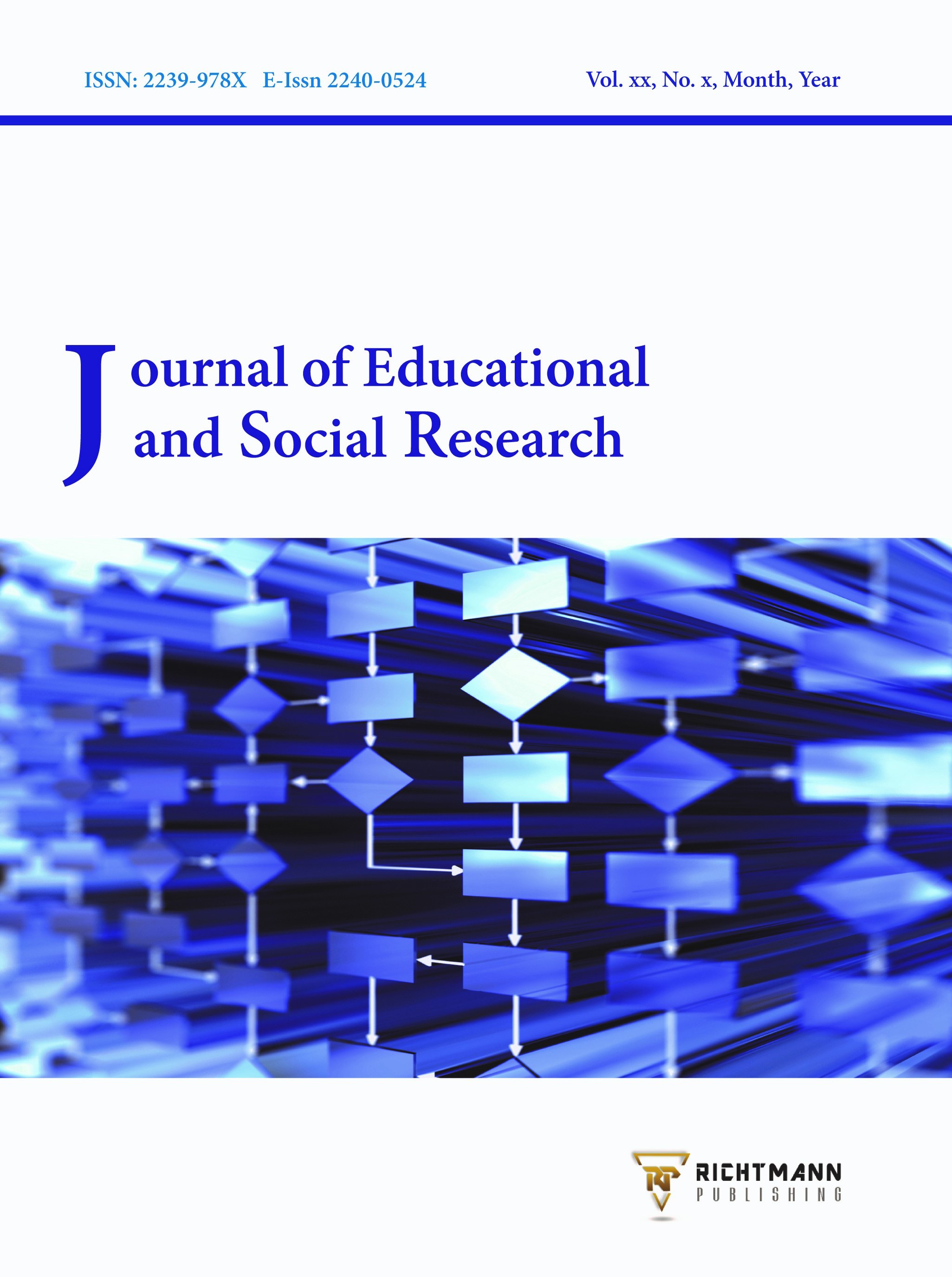The Impact of COVID: Case Study of an Academic English Reading Course at Qassim University
DOI:
https://doi.org/10.36941/jesr-2023-0014Keywords:
autonomy, communication, covid, emergency remote teaching, English reading, traditional classroom teachingAbstract
This paper contributes to the burgeoning field of research investigating the educational effects of COVID. A questionnaire with both open and closed questions was administered to female takers of an Academic English Reading course at a Saudi university, eliciting responses about aspects of the quality of delivery of that course before and after the onset of COVID. From this quantitative and qualitative student evaluation of traditional class teaching (TCT) versus emergency remote teaching (ERT), some findings emerged that echoed those in the few comparable studies in the West. For example, certain features like the greater autonomy of the student in ERT than TCT were liked by some students but not others, while features such as the superiority of teacher-student communication in TCT were more uniformly approved. Furthermore, predictions from the literature such as that favouring TCT would be associated with greater self-efficacy, or a greater perceived degree of transactional interaction between student and teacher were not supported in the context of this study. Analysis of suggestions for ERT improvement leads to the conclusion that, at present, it may be that students need training to exploit the existing ERT, rather than that the ERT to be altered.
Received: 28 September 2022 / Accepted: 30 December 2022 / Published: 5 January 2023
Downloads
Downloads
Published
Issue
Section
License

This work is licensed under a Creative Commons Attribution-NonCommercial 4.0 International License.
This work is licensed under a Creative Commons Attribution-NonCommercial 4.0 International License.









